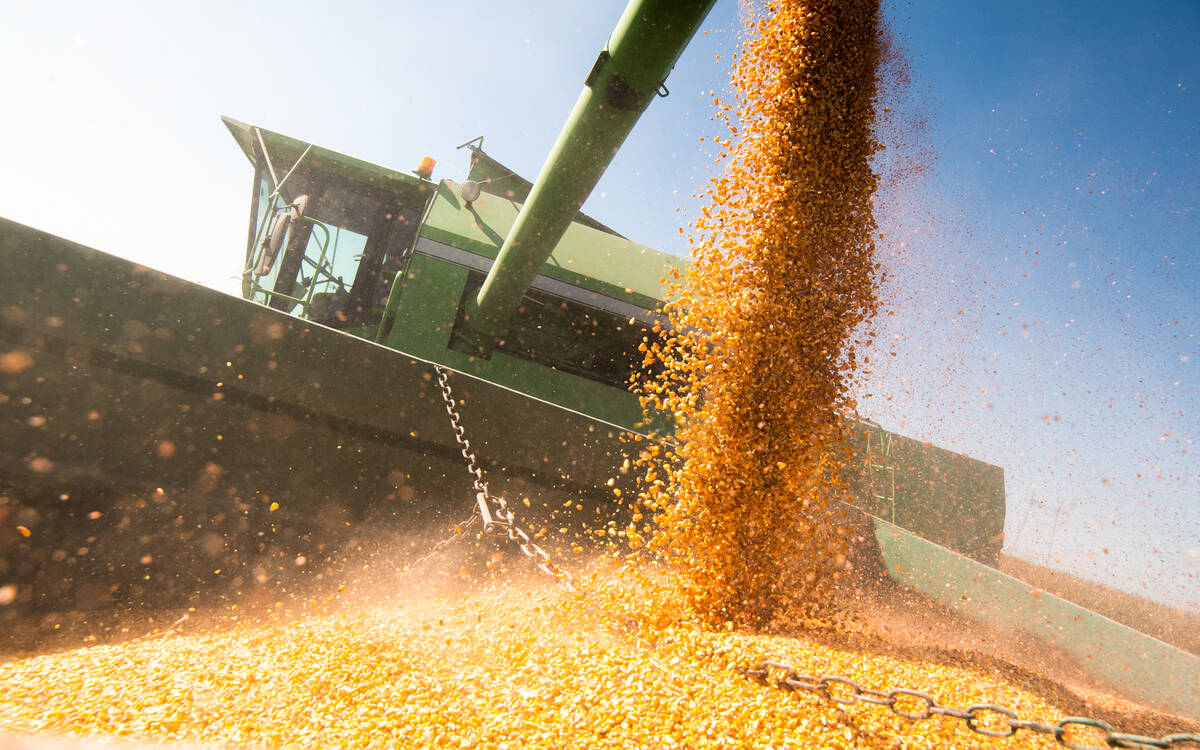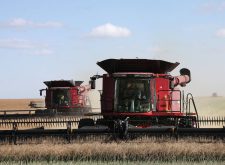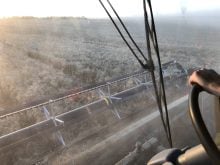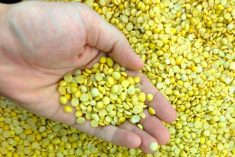Prairie farmers seeking more time to dispute a grain elevator’s call on their grain’s grade and dockage — whether they’re present at delivery or not — may soon get that time under a new proposal from the Canadian Grain Commission.
The CGC on Monday opened up proposed regulatory amendments to an 11-week public consultation period ending Feb. 28, 2022.
The idea came up during consultations held earlier this year as part of the federal review of the Canada Grain Act, the CGC said Monday.
Read Also

Feed Grain Weekly: Corn affecting barley prices in Lethbridge
Corn imports entering Lethbridge have lowered prices for feed barley compared to those in Edmonton.
That broader federal review is still ongoing, but CGC chief commissioner Doug Chorney said Monday that the commission wants to take concerns raised by the grain sector in those consultations and respond “quickly” in areas where it can do so within the confines of the current Grain Act.
The CGC’s proposal, as described Monday, doesn’t yet list an exact time window in which farmers would be able to trigger the dispute resolution process.
As they’ve been proposed so far, the changes to the “Subject to Inspector’s Grade and Dockage” process would “clarify the time period over which a producer is entitled to exercise their right” to do so, “including a period after delivery.”
In a document in mid-August laying out the responses it got from the grain sector during Grain Act consultations, the federal government said “many respondents” found that the current grade and dockage dispute process was “not appropriate.”
Farmers who disagree with a CGC-licensed primary elevator’s assessment of their grain today have the right under the Grain Act to ask for a sample to be sent to the CGC for a binding decision on a delivery’s grade and dockage.
However, the process today also requires that a farmer has to request that binding determination right at the time of delivery.
And, as the CGC pointed out Monday, “grain delivery and handling processes have changed. Producers are often not present when their grain is delivered to the licensed primary elevator. Third parties, such as commercial truck drivers, are increasingly being hired to deliver grain into the licensed elevator system.”
In its consultations, the federal government said, “many suggested that somewhere between five to 14 business days was an appropriate window of eligibility.”
That wider window, the government said, “would provide producers with adequate time to receive the grade and dockage result, compare to on-farm samples, and decide whether to access binding determination.”
The CGC’s proposed amendments to sections 34 and 36 of the Canada Grain Regulations would also clarify that producers can dispute an elevator operator’s grade and dockage assessment “even if they are not present at the time of delivery.”
The amendments would also require that samples be retained for seven days minimum, “or until an agreement on grade and dockage has been reached between the elevator and the producer.”
Also, those samples “would no longer need to be taken in the presence of the producer, unless the producer requires it.”
Federal Agriculture Minister Marie-Claude Bibeau, in the CGC’s release Monday, hailed the proposed regulatory changes, saying they’d be “an important first win for grain farmers, in response to the feedback we received during the Canada Grain Act review consultations.”
‘Other classes’
All that said, the CGC’s proposal, if it goes through, may not necessarily cover all the changes farmers had sought to “Subject to Inspector’s Grade and Dockage” during those Grain Act consultations.
For example, the government said in August, “many” respondents want to see an expansion of the quality characteristics eligible for such assessments.
That’s because grain contracts are “increasingly specifying non-grade factors” such as deoxynivalenol (DON) level and falling number for wheat. Respondents said farmers would thus get “better protection against disputes related to the contract specifications.”
Also, respondents to the Grain Act consultations said they’d like to see the right to access binding determination also include “other classes of CGC licensees” such as processing elevators and grain dealers.
There’ve been more processing facilities going up on the Prairies in recent years, farmers said in the consultations, and more such plants are on the way. Thus, the government said, farmers expect that “a further proportion of deliveries will likely shift away from primary elevators to process elevators.” — Glacier FarmMedia Network
















